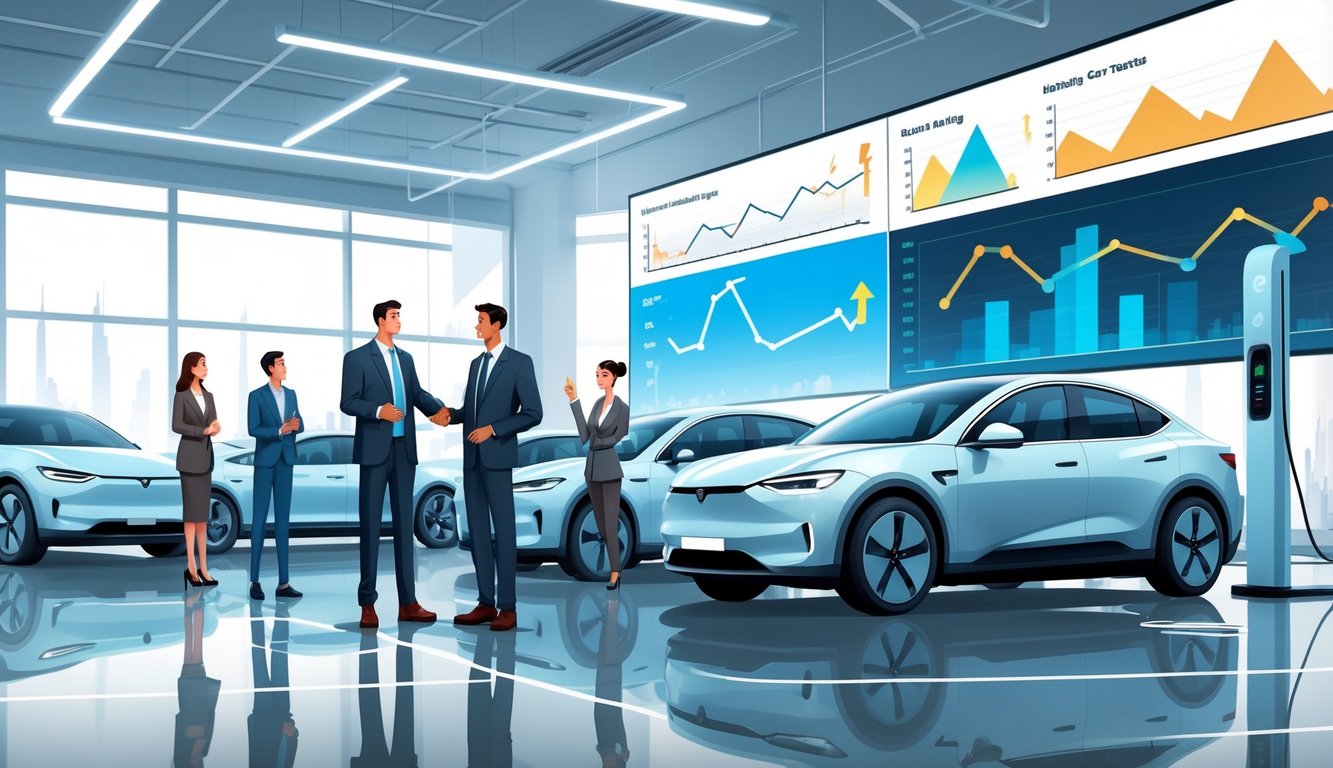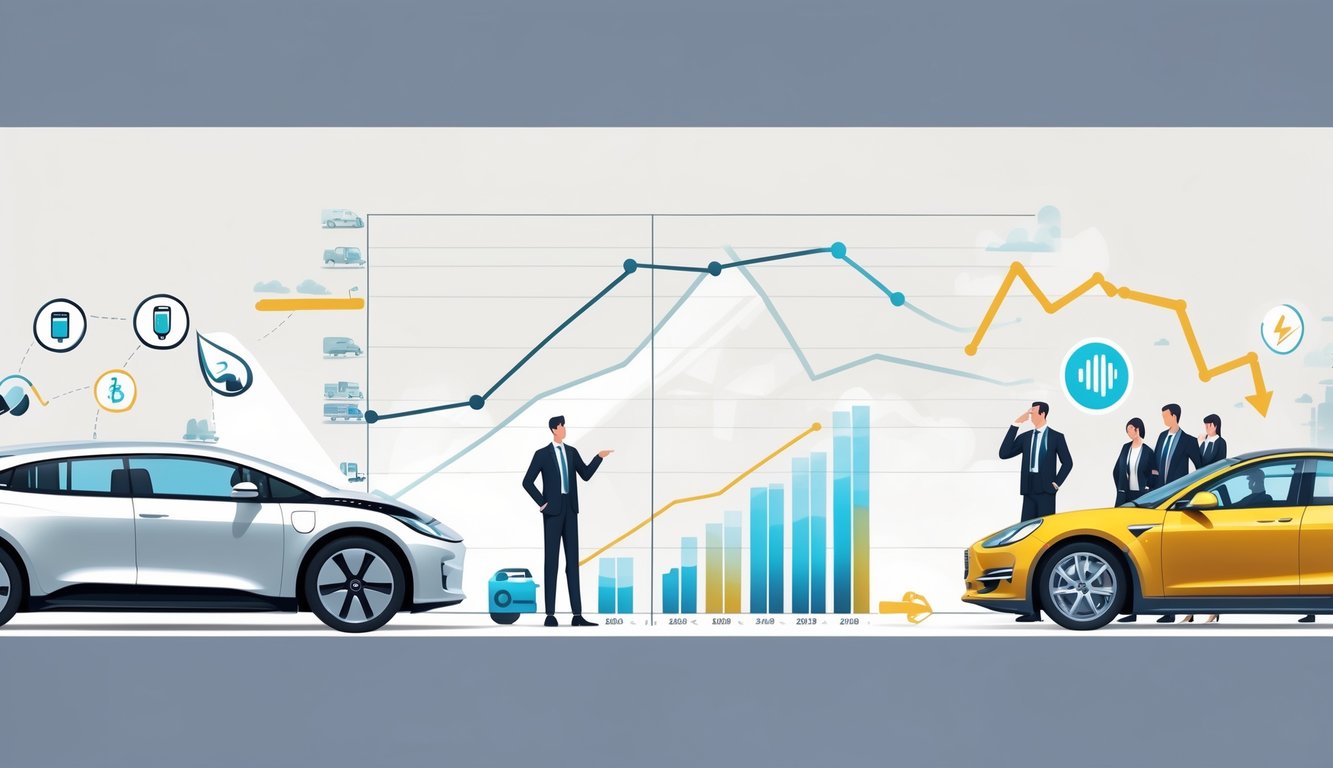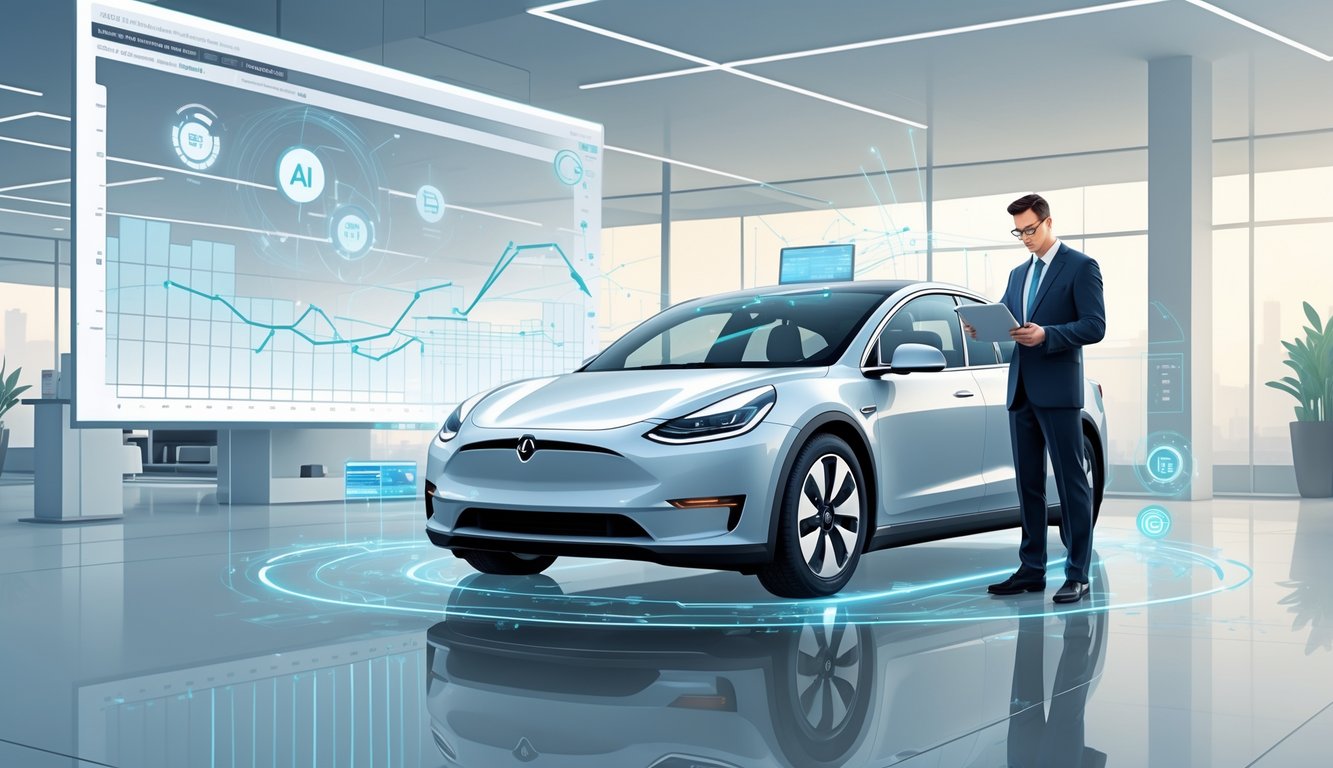
Comparing Electric and Gasoline Car Reliability

I’m back outside, wrestling my neighbor’s extension cord again. Real-world reliability isn’t some neat lab chart. Consumer Reports (2024) said EVs reported 79 problems per 100 after three years, gas cars had 87. But Teslas drag that average up and, honestly, the numbers never tell the whole story. Why do dealership staff act like that’s proof of anything?
Long-Term Durability
Would I trust a battery that costs more than a college semester to replace? Shouldn’t have. Battery degradation jumps all over the place—Lucid Air’s pack dropped to 84% after 50,000 miles (one teardown), but my friend’s ancient Nissan Leaf is still crawling at 75%. Gas engines? Unpredictable. A Toyota Camry with insane neglect will sometimes outlast any EV, unless you get unlucky. Oh, and EV brake rotors? They get pitted from sitting too much, regen or not. Now some mechanics recommend “brake exercises,” which sounds more like a confession than advice. Hyundai’s 10-year/100,000-mile battery warranty sounds tough, but good luck arguing about software updates. I’ve watched friends wait months to find out what’s actually covered.
Maintenance Requirements
Nobody warned me how smug I’d feel skipping oil changes—until my EV’s software bricked itself during a charger update. Maintenance is a circus now. Sure, EV owners dodge spark plugs and exhausts, but you’re stuck with tire rotations every 6,000 miles (heavy batteries eat tires) and constant tire pressure anxiety. BMW i4? Needs cabin air filters twice as often as my old Accord. Battery coolant swap every 50K? Not “set it and forget it,” despite what some Sacramento salesman promised me (never trust a guy who winks after a handshake).
JD Power says annual maintenance averages $652 for gas cars, $408 for EVs. Tempting, right? But then you get hit with weird failures—onboard chargers, transformer hum, door handles (hi, Model S). I once paid more for a dealer battery software reset than three years of oil changes on my Mazda5. And somewhere online, an engineer swears Bolt cooling hoses are a nightmare to reinstall. Not that anyone cares about hoses—until one pops.
Influence of New Technologies on Reliability

Every new system is a gamble—camera arrays, over-the-air firmware, battery chemistry tweaks (Panasonic’s new NMC stuff, whatever that actually means). Software’s a double-edged sword. Dealers say people ask about “patch day” more than trunk space. That’s the world now.
Advancements Improving Reliability
So, I tried updating a Lucid Air’s firmware once. WiFi dropped, cabin lights freaked out, but after 20 minutes, the range estimate was actually better by 8%. Remote diagnostics are wild. Tesla’s roadside support finds problems before your cousin in IT even wakes up. A Hyundai tech swore their new inverters cut warranty tows by 13% in 2024, but I still forgot my charging PIN twice in a week.
Battery preconditioning? Absolute lifesaver in winter—cuts capacity loss to 9%. Chevy Bolt’s new thermal management supposedly means fewer recalls (NHTSA’s words). If you’ve seen a Rivian recover after a failed OTA update, there’s hope. Unless, you know, your WiFi craps out again.
Features Harming Reliability
Alright, so, electronic door handles. Why? Who asked for this? I get the “streamlined user experience” pitch, but then my neighbor’s Model S just froze shut last winter. Watched him try the app, then the little pop-out lever, then just stand there and shiver while his Lyft left without him. If the gear strips, that’s like two grand, and apparently it happens more than Tesla will ever admit—Consumer Reports has receipts.
Infotainment? I’d rather not. CarPlay drops out, screens go black, navigation once rerouted me through Canada (I live in New Jersey). BMW iDrive’s voice thing? It thinks “Maple Avenue” is “Möpelstraße” if you don’t do a German accent, which, sorry, I can’t. Ford’s BlueCruise missed a lane line and just drifted off, no warning, like it got bored. More sensors, more headaches: AAA says by spring 2025, 27% of EV shop visits were sensor failures, vs. 11% for gas cars. My seat heater’s the only thing that’s never let me down.
